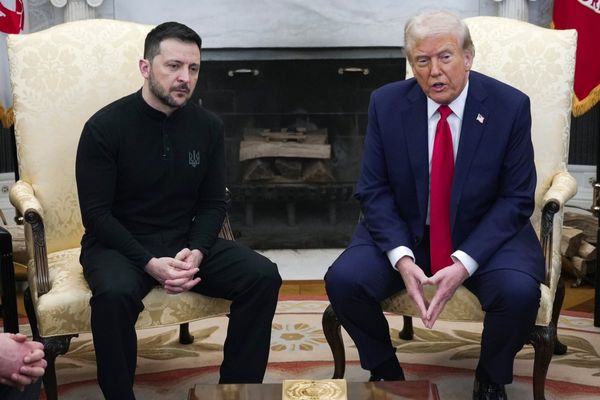
In a surprising turn of events, Maine's Democrat Secretary of State, Shonna Bellows, has disqualified former President Donald Trump from the state's 2024 ballot. Bellows cited the 14th Amendment's insurrection clause as the basis for her decision, claiming that Trump had engaged in an insurrection following the events of January 6th. She stated that her primary concern was her oath to the Constitution and the rule of law, with no other factors weighing on her decision.
Bellows, who has been noted for her left-leaning political affiliations, including public support for Joe Biden and Barack Obama, received praise from Colorado's Secretary of State for her actions. However, legal experts have raised questions about the legality and validity of Maine's decision, pointing out that the evidence relied upon, including YouTube clips and news reports, may not meet the standard of a court of law.
Critics argue that the move is an attempt to prevent Trump from running for office in the future, as he remains a prominent figure within the Republican Party. Some commentators have expressed concern about the erosion of democratic processes, as unelected officials are making decisions that directly impact the electoral choices of the American people.
While Democrats have applauded Bellows and Colorado's Secretary of State, others question the motivations behind these actions. Jennifer Palmieri, who worked for Hillary Clinton's 2016 campaign, admitted that the move to disqualify Trump is driven by fear of his potential to win the Republican nomination and the general election. As Biden's approval ratings plummet and he faces challenges in swing states, Democrats are becoming increasingly worried about the outcome of future elections.
The decision in Maine has also sparked debate among politicians. Senator Angus King voiced his disagreement, highlighting that it should ultimately be the voters, not a Secretary of State, who decide whether a candidate is eligible to run. Congressman Jared Golden echoed this sentiment, acknowledging his support for Trump's impeachment while cautioning against removing him from the ballot through unilateral decisions.
The debate underscores the deep divisions within the political landscape and the extent to which emotions surrounding Trump continue to impact decision-making. Critics argue that the effort to protect democracy by disqualifying a candidate from the ballot is a paradoxical approach that undermines the very principle it aims to defend.
As the controversy unfolds, one thing remains clear: the debate over election integrity, candidate eligibility, and the future of American democracy is far from settled. Citizens on all sides of the political spectrum must grapple with these issues and ensure that the democratic process is upheld and protected for the benefit of all Americans.







